Fozia Majeed
Srinagar, Aug 09 (KNB): The state of Jammu and Kashmir has a multi-party democratic system of governance like other parts of Indian states. Main political parties of Jammu and Kashmir include the National Conference (NC), Peoples Democratic Party (PDP), The Indian National Congress (Congress) and Bharatiya Janata Party (BJP). Presently, PDP is with 28 seats is the first largest and BJP with 25 seats is the second largest party emerged in 2014 elections in the 87 member house.
However, with the presence of special status i.e. Article 370, Jammu and Kashmir is the only state that has its own flag.
J&K has a special autonomous status Art 370 which makes it a special state from the rest of the other states of India. Kashmir had regular elections since 1951. In the first few of this phase, complaints about citizens being forced to vote by the army were common. But now the unexpectedly high voter turnout in the valley during resent assembly elections evokes considerable debate and analysis.
A number of commentators both in Kashmir and elsewhere noted that the elections reflected citizens expectations and demand for good governance and development; they did not represent a mandate for maintenance of the political status quo in the valley. Holding of elections doesn’t mean Kashmir is fully democratic state or it has the same rights like the other states of India.
If the holding of elections in the Kashmir and the participation of Kashmiri people (Muslims) in them are considered markers of the triumph of democracy, then the establishments definition and understanding of democracy is not be assessed merely in terms of its formal dimensions, namely holding of regular and fair elections at the local and state level. Rather, it is the availability and protection of democracy’s substantive provisions that validate and authenticate its success.
More specifically, the success of local level democracy is based on the fundamental provisions of a democratic state, namely the Supremacy of civil authority , implementation of the rule of law, the existence of an independent judiciary, the protection of citizens, right to speech, assembly and travel and the freedom of citizens from violence, harassment and unlawful detention whether it is by armed men or by any other agencies on the name of normal enquiries. It is precisely on these very counts that democracy in the valley falls well short of those attributes that in principle, affirm its legitimacy.
There is a great contradiction between state claims of democracy in Kashmir and the subversion of civil authority by the military exemplified by legislative measures such as Armed Forces Special Powers Act and the Disturbed Area Act. Taking part in elections by the citizens of Kashmir can be seen in two ways, the people of Kashmir wants change through elections like from these ‘Draconian laws’, right to speak and for the betterment of the people of valley which includes unemployment, good facilities, better education, and most importantly good governance etc.
As India said Kashmir is an integral part of India but the denial of citizenship rights to Kashmiri people under scorers the great paradox between rhetoric and reality. India’s constitution guarantees judicially enforceable fundamental rights, including the rights to freedom of speech, political affiliation and the rights to be free military arrest or detention. However in the valley all of these are just remains the words only. People of Kashmir wants to cast their vote but for the betterment of their own lives. (KNB)

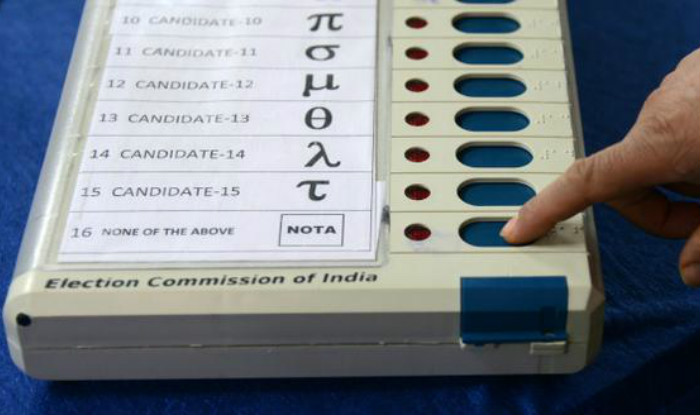
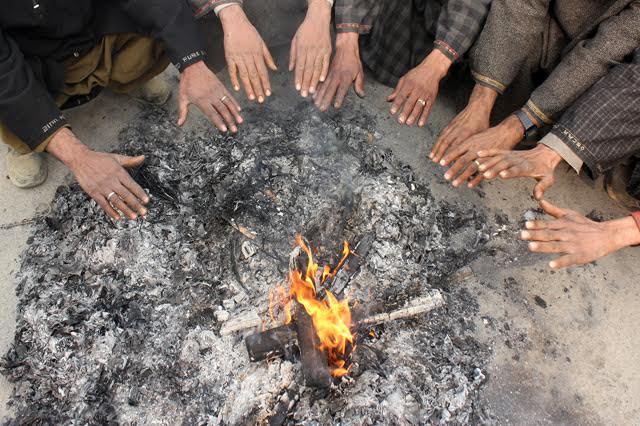
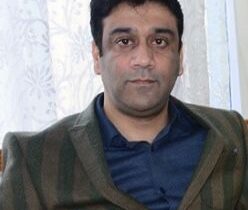
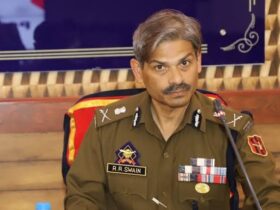
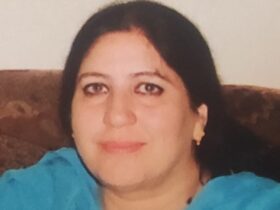
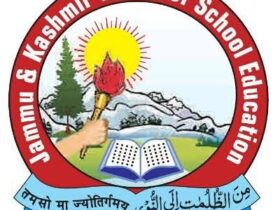
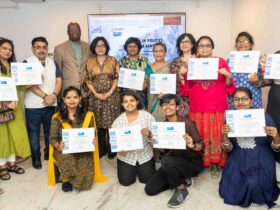
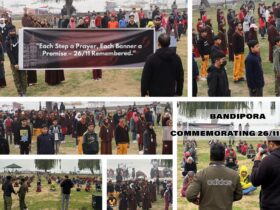

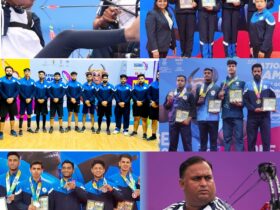
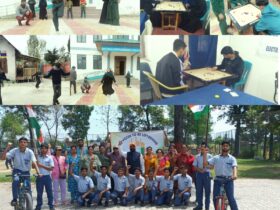


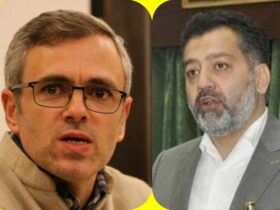
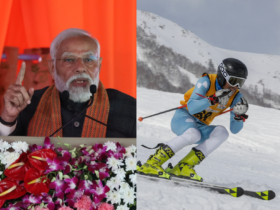

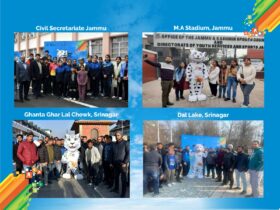
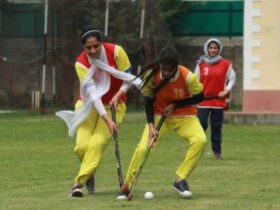
Leave a Reply